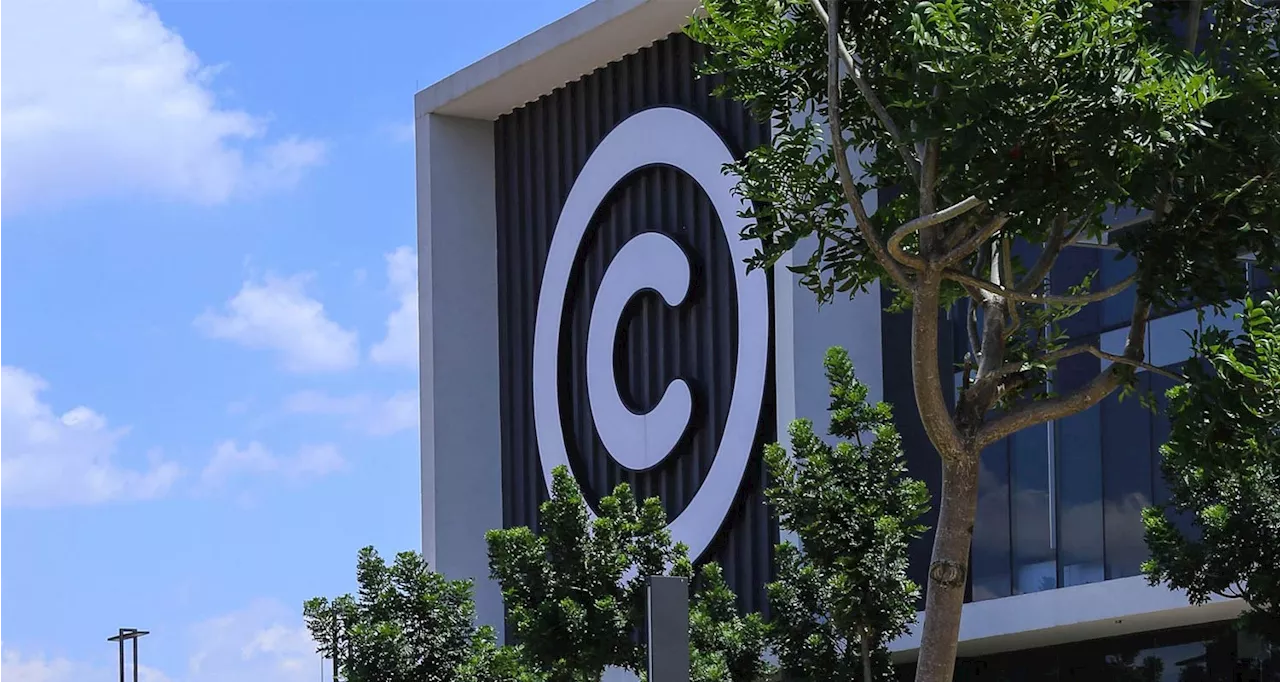Icasa has proposed slashing mobile and fixed call termination rates by as much as 83% over the next 15 months.
Icasa has proposed slashing mobile call termination rates – the fees operators charge each other to carry calls between their networks – by more than half by next year.
Smaller players Telkom and Cell C will no longer enjoy “asymmetry” with bigger rivals Vodacom and MTN from next year, meaning that from that date they won’t receive a higher rand amount for incoming wholesale calls from other networks than outgoing calls. The proposed cuts to fixed-line termination rates is even more aggressive: from 6c/minute now, Icasa wants these reduced to 4c from 1 July 2024 and to just 1c from 1 July 2025 – a cut of 83% in just 15 months.
United States Latest News, United States Headlines
Similar News:You can also read news stories similar to this one that we have collected from other news sources.
 Unpaid bills leave 32 hospitals and 83 clinics in Gauteng without telephone servicesAnxious relatives have battled to get through to get updates on their loved ones' conditions, while residents have been unable to make enquiries or book appointments.
Unpaid bills leave 32 hospitals and 83 clinics in Gauteng without telephone servicesAnxious relatives have battled to get through to get updates on their loved ones' conditions, while residents have been unable to make enquiries or book appointments.
Read more »
 Cell C ready to pay outstanding spectrum billThe mobile operator said it has had positive negotiations with Icasa about settling its outstanding debts.
Cell C ready to pay outstanding spectrum billThe mobile operator said it has had positive negotiations with Icasa about settling its outstanding debts.
Read more »
 Icasa walks back plan for tough data expiry rulesIcasa has taken heed of industry criticism of proposed new data expiry rules, walking back its early draft plans.
Icasa walks back plan for tough data expiry rulesIcasa has taken heed of industry criticism of proposed new data expiry rules, walking back its early draft plans.
Read more »
 Lost Password and Icasa RulesLost password instructions and information about Icasa rules preventing Elon Musk's company from launching officially in the country.
Lost Password and Icasa RulesLost password instructions and information about Icasa rules preventing Elon Musk's company from launching officially in the country.
Read more »
 New mobile data, voice, and SMS bundle rules for South AfricaIcasa has published a revised proposal to change rules around how mobile data, voice, and SMS bundles are consumed and unused value rolled over.
New mobile data, voice, and SMS bundle rules for South AfricaIcasa has published a revised proposal to change rules around how mobile data, voice, and SMS bundles are consumed and unused value rolled over.
Read more »
 SABC's role in fair election coverage under spotlight - SABC News - Breaking news, special reports,“The SABC is guided by its editorial policy as well as the ICASA regulations.'
SABC's role in fair election coverage under spotlight - SABC News - Breaking news, special reports,“The SABC is guided by its editorial policy as well as the ICASA regulations.'
Read more »
